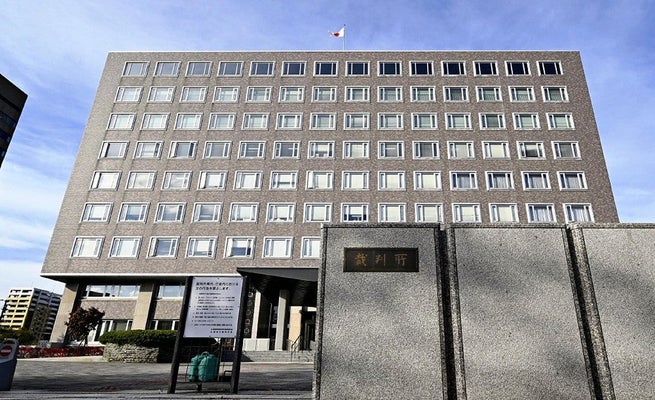The Sapporo High Court in Japan has ruled that the council elections scheduled for July are in an "unconstitutional state." This decision emerges amid concerns that existing political disparities may unfairly influence the election's outcome. This ruling is expected to have significant implications for Japanese politics and legal landscape, sparking a nationwide debate over the legitimacy of the impending council elections.
In Japan, this news is seen as momentous. Elections are an essential component of Japanese democracy, and potential questions about their constitutionality can have serious implications. Constitutional disputes are a significant legal matter in Japan and decisions by courts like the Sapporo High Court often stimulate widespread public and political discussion. The topic is also likely to be a subject of intense media scrutiny in the country.
Similar issues in the EU or US are also treated with hefty legal and social importance. Allegations of electoral fraud, gerrymandering, or unconstitutional practices in either region generate widespread media coverage, investigations, and public debate. The approach by democratic societies across the globe tends to be fundamentally similar, emphasizing fairness, legality, and transparency in electoral processes and mechanisms for redress.

